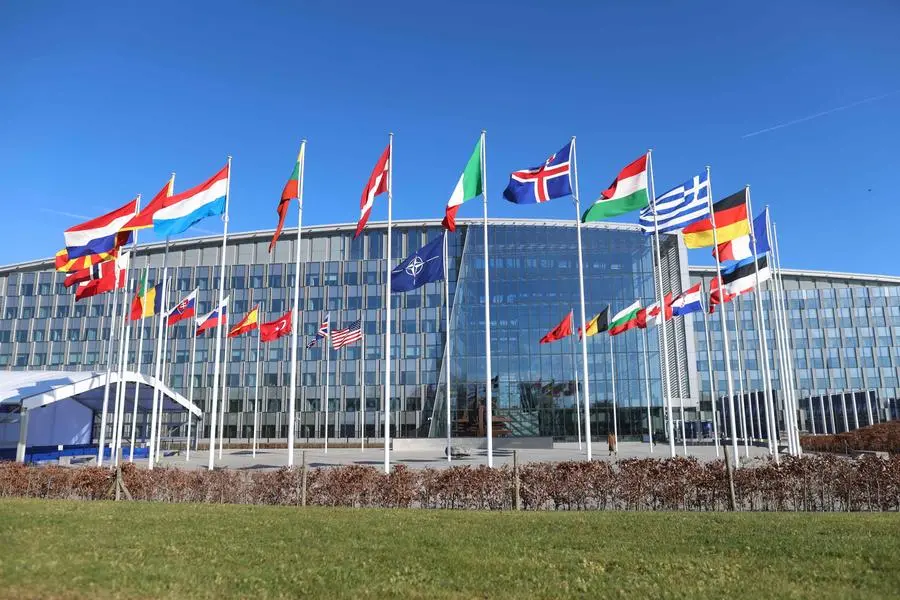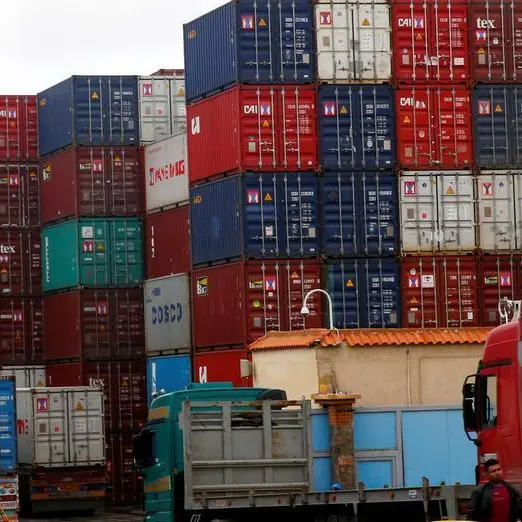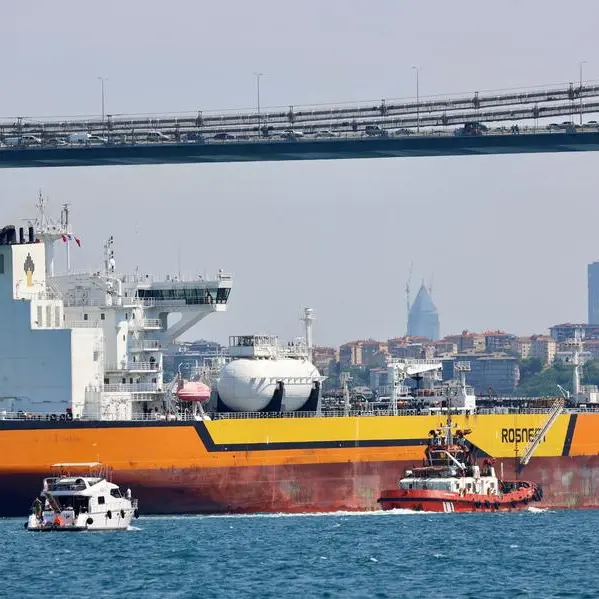PHOTO
NATO countries on Tuesday condemned Russia's formal withdrawal from a landmark treaty limiting conventional forces in Europe and said allies involved were suspending its operation.
Russia in 2007 suspended its participation in the Treaty on Conventional Armed Forces in Europe -- a bedrock of the continent's post-Cold War security since the early 1990s.
Moscow on Tuesday said its formal withdrawal from the treaty had gone into force overnight.
"The treaty... has finally become a part of history for Russia," the Russian foreign ministry said.
Russia's war on Ukraine has driven the final nail into the coffin of a raft of arms-control treaties that underpinned the balance of power in Europe for decades.
NATO members said they "condemn Russia's decision to withdraw from the Treaty on Conventional Armed Forces in Europe (CFE), and its war of aggression against Ukraine which is contrary to the Treaty's objectives.
"As a consequence, Allied States Parties intend to suspend the operation of the CFE Treaty for as long as necessary."
Leading NATO power the United States said in a statement it "would be unacceptable" for it and allied countries to remain bound by the treaty that Russia has ditched.
"Suspension of CFE obligations will strengthen the alliance's deterrence and defence capacity by removing restrictions that impact planning, deployments, and exercises," US National Security Advisor Jake Sullivan said.
The 1990 treaty for the first time imposed legal and verifiable limits on the force structure of the 30 countries that signed up to the pact.
It was seen as a cornerstone of the European security arrangements that ushered in the end of the Cold War standoff between East and West.
NATO says it led to the destruction of some 100,000 pieces of military hardware, including tanks, artillery and attack helicopters.





















